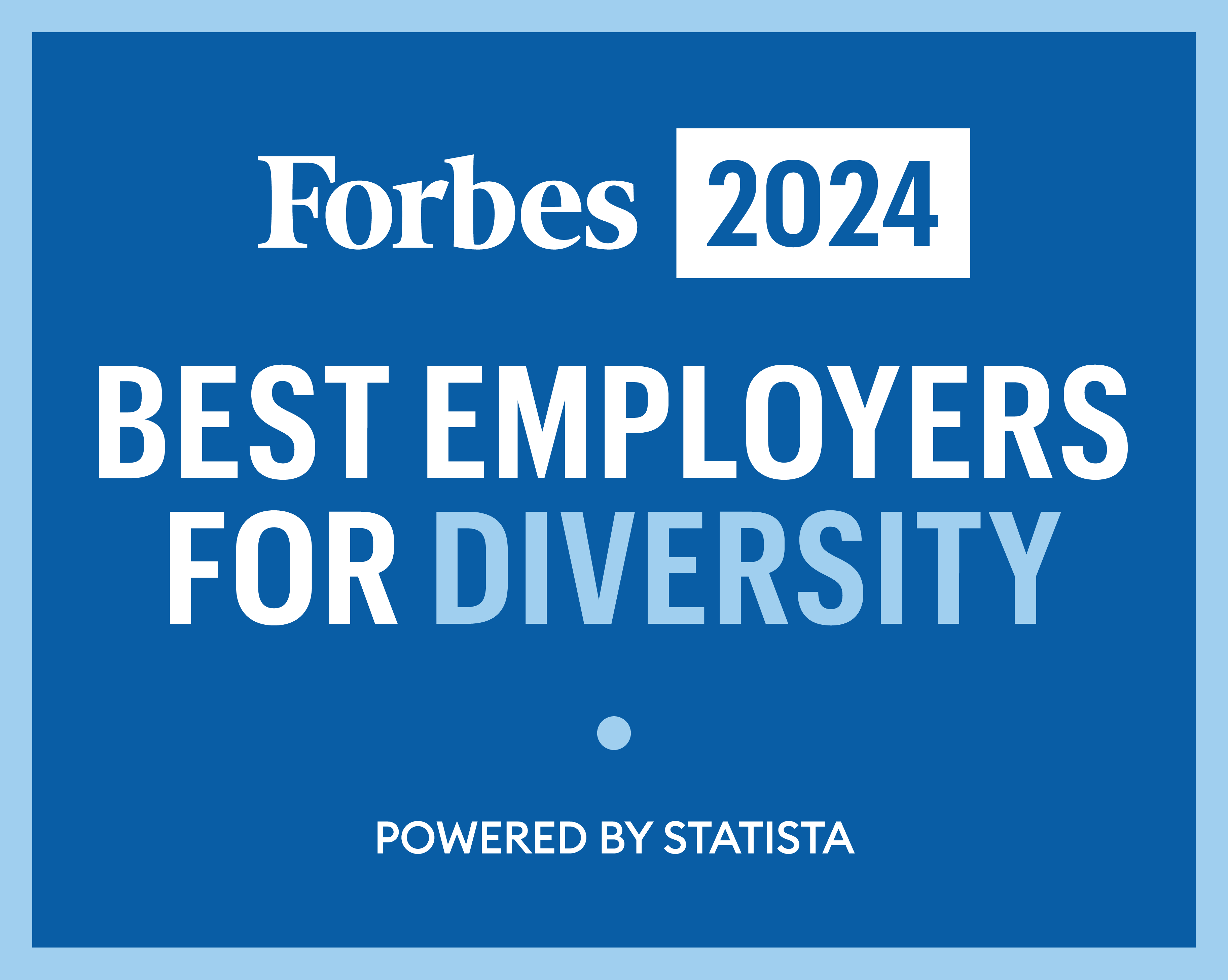Junior Specialist - UCNRS Biodiversity: 50% Field Coordinator
Position overview
Application Window
Open date: April 2, 2025
Next review date: Thursday, Apr 17, 2025 at 11:59pm (Pacific Time)
Apply by this date to ensure full consideration by the committee.
Final date: Monday, Jun 30, 2025 at 11:59pm (Pacific Time)
Applications will continue to be accepted until this date, but those received after the review date will only be considered if the position has not yet been filled.
Position description
The UC Natural Reserve System (UCNRS) is the largest and most diverse network of university field stations in the world. Its 42 reserves include examples of most major ecosystems in California. These reserves provide secure sites for long-term environmental research, education, and public outreach. They enable monitoring of environmental data and provide a baseline for biodiversity, in the context of California’s growing population and a changing global environment.
The California Sentinel Site Network (CA-SSN) is a partnership between the UCNRS and the California Department of Fish and Wildlife (CDFW), with other public and private land partners joining in the coming year. The CA-SSN aims to achieve conservation goals established by California 30x30 legislation. With nearly 100 planned biodiversity monitoring locations across the state, the CA-SSN will deliver open-access standardized biodiversity and climate data that will support university, agency, and NGO research to advance conservation and resource management solutions. In the next three years, UCNRS will establish roughly 160 monitoring sites across the 42 reserves. These sites will become long-term monitoring sites.
MAJOR RESPONSIBILITIES AND DESIGNATED AREAS OF EXPERTISE
RESEARCH (60%)
The ideal candidate will work with the Project PI to plan site visits and deploy biodiversity monitoring equipment at ~40 field sampling locations at field stations within the UCNRS.
The Field Coordinator will need to determine how to preconfigure and set up biodiversity equipment and other hardware for monitoring following established protocols, such as malaise traps and pitfall traps.
The Field Coordinator will need to collect environmental data and organismal samples (insects, fungi, and bacteria) using new field sampling techniques at each of these sites. This will require learning how to perform aquatic and terrestrial habitat sampling for eDNA and aquatic macroinvertebrates using established protocols.
The Field Coordinator will also work alongside multiple student volunteers (2-10) and help coordinate their involvement with sampling events and data collection.
The Field Coordinator must document findings through detailed notes, photographs, and emails, keeping track of all field data, and organizing it as it is collected using predetermined databases and repositories. to collect and manage datasets, including QA/QC and performing summaries and analyses of CA-SSN biodiversity data.
The Field Coordinator will assist the PI with preparing data for analyses, summarizing data, and drafting documents to present the work.
PROFESSIONAL COMPETENCE & ACTIVITY (20%)
Review current literature or reports that advance work related to the project. In collaboration with other project participants (undergraduate students, NGO, academics, government) work to disseminate key findings that advance the project (posters or oral presentations at conferences). To further increase the impact of the project, engage in local workshops and seminars. If time permits, assess new sampling methods and technologies that align with the goals of the project.
UNIVERSITY & PUBLIC SERVICE (20%)
The Field Coordinator will participate in NRS outreach opportunities and work
with the PI to engage campus and government partners, as allowed by the funding source.
BASIC QUALIFICATIONS
• Bachelor’s degree in Biology, Ecology, Environmental Science, or a related field.
• Experience in field research or biological surveying.
• Familiarity with invertebrates and associated sampling methods.
• Proficiency in data collection, QC, and summary statistics.
• Strong observational skills and attention to detail.
• Ability to work in challenging outdoor conditions.
• Flexibility to travel and work irregular hours as required by field projects.
• Strong written and verbal communication skills.
• Ability to work independently and as part of a team.
PREFERRED QUALIFICATIONS
• Proficiency in the use of biodiversity monitoring methods and/or systems.
• Background in eDNA or invertebrate sampling identification.
In general, it is inappropriate to appoint an individual with a Master’s or doctoral degree in the relevant discipline or a baccalaureate degree plus three or more years of experience with the specialized methods as a Junior Specialist
Qualifications
• Bachelor’s degree in Biology, Ecology, Environmental Science, or a related field.
• Experience in field research or biological surveying.
• Familiarity with invertebrates and associated sampling methods.
• Proficiency in data collection, QC, and summary statistics.
• Strong observational skills and attention to detail.
• Ability to work in challenging outdoor conditions.
• Flexibility to travel and work irregular hours as required by field projects.
• Strong written and verbal communication skills.
• Ability to work independently and as part of a team.
• Proficiency in the use of biodiversity monitoring methods and/or systems.
• Background in eDNA or invertebrate sampling identification.
Application Requirements
Curriculum Vitae - Your most recently updated C.V.
Cover Letter (Optional)
Statement of Research (Optional)
Statement of Teaching (Optional)
Authorization to Release Information Form - This form is required for all applicants applying to academic recruitments. Please see the Employment Disclosure Requirements webpage for more information. Download, complete, sign, and upload the form.
- 3-5 required (contact information only)
Help contact: mgoetze@ucdavis.edu
About UC Davis
As a condition of employment, the finalist will be required to disclose if they are subject to any final administrative or judicial decisions within the last seven years determining that they committed any misconduct, are currently being investigated for misconduct, left a position during an investigation for alleged misconduct, or have filed an appeal with a previous employer.
- “Misconduct” means any violation of the policies or laws governing conduct at the applicant’s previous place of employment, including, but not limited to, violations of policies or laws prohibiting sexual harassment, sexual assault, or other forms of harassment, discrimination, dishonesty, or unethical conduct, as defined by the employer.
- UC Sexual Violence and Sexual Harassment Policy
- UC Anti-Discrimination Policy for Employees, Students and Third Parties
- APM - 035: Affirmative Action and Nondiscrimination in Employment
To implement this process, UC Davis requires all applicants for any open search to complete, sign, and upload the form entitled, "Authorization to Release Information" into UC RECRUIT as part of their application. If an applicant does not include the signed authorization with the application materials, the application will be considered incomplete, and as with any incomplete application, will not receive further consideration.
UC Davis is a smoke and tobacco-free campus (http://breathefree.ucdavis.edu/).
We are an Affirmative Action/Equal Opportunity employer, and particularly encourage applications from members of historically underrepresented racial/ethnic groups, women, individuals with disabilities, veterans, LGBTQ community members, and others who demonstrate the ability to help us achieve our vision of a diverse and inclusive community.
The University of California is an Equal Opportunity/Affirmative Action Employer. All qualified applicants will receive consideration for employment without regard to race, color, religion, sex, sexual orientation, gender identity, national origin, disability, age, protected veteran status, or other protected categories covered by the UC nondiscrimination policy.
For the University of California's Affirmative Action Policy, please visit: https://policy.ucop.edu/doc/4010393/PPSM-20
For the University of California's Anti-Discrimination Policy, please visit: http://policy.ucop.edu/doc/1001004/Anti-Discrimination
Under Federal law, the University of California may employ only individuals who are legally able to work in the United States as established by providing documents as specified in the Immigration Reform and Control Act of 1986. Certain UC Davis positions funded by federal contracts or sub-contracts require the selected candidate to pass an E-Verify check. More information is available at: http://www.uscis.gov/e-verify
The University of California, Davis (UC Davis) is committed to inclusive excellence by advancing equity, diversity and inclusion in all that we do. UC Davis celebrates the multi-cultural diversity of its community by creating a welcoming and inclusive environment demonstrated through a variety of resources and programs available to academics, staff, and students. Diversity, equity, inclusion, and belonging are core values of UC Davis that are embedded within our Principles of Community and are tied with how to best serve our student population. Our excellence in research, teaching, and service can best be fully realized by members of our academic community who share our commitment to these values, which are included in our Diversity and Inclusion Strategic Vision, our strategic plan: “To Boldly Go,” our Principles of Community, the Office of Academic Affairs’ Mission Statement, and the UC Board of Regents Policy 4400: Policy on University of California Diversity Statement. UC Davis is making important progress towards our goal of achieving federal designation as a Hispanic-Serving Institution and an Asian American, Native American, and Pacific Islander-Serving Institution. The Office of Diversity, Equity, and Inclusion offers a plethora of resources on their website, and the Office of Health Equity, Diversity, and Inclusion (HEDI) has outlined similar goals in their "Anti-Racism and DEI Action Plan.” There are a plethora of links available on the About Us webpage where you can learn more about our Administration, Diversity and Inclusion, Rankings, Locations, Native American Land Acknowledgement, Sustainability, Visiting UC Davis, UC Davis Health, and Campus Safety.
The university is consistently ranked among the top institutions in the world for campus sustainability practices by the UI Green Metric World University Rankings. UC Davis is focused on achieving net-zero greenhouse gas emissions and repeatedly shown its commitment to preserving a healthy and sustainable environment for generations to come.
As a University employee, you will be required to comply with all applicable University policies and/or collective bargaining agreements, as may be amended from time to time. Federal, state, or local government directives may impose additional requirements.

